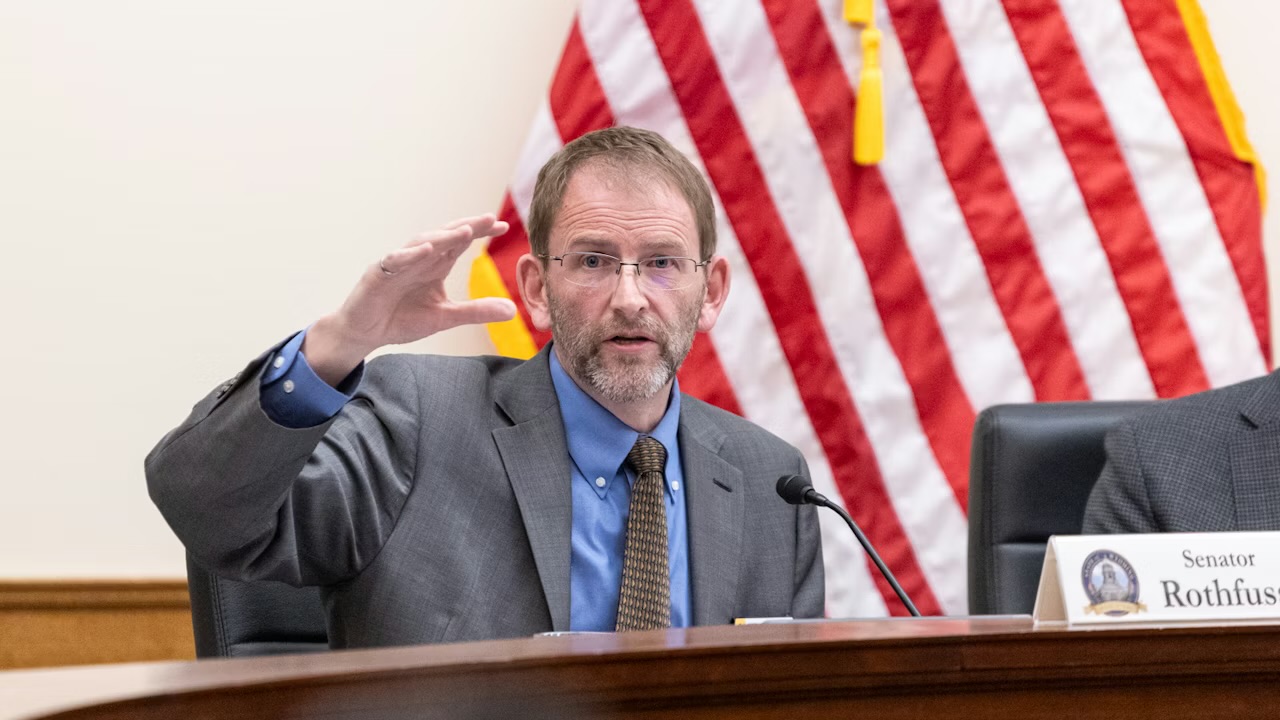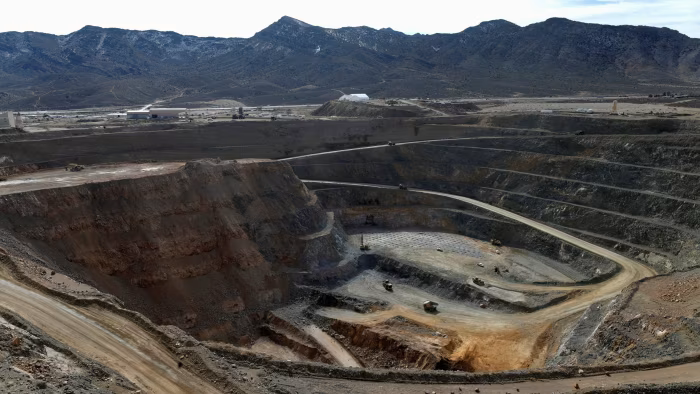The United States’ sole rare earths mine is at the center of growing concerns as China’s recent export restrictions spark increased demand for domestic production.
MP Materials, the company behind the Mountain Pass mine in California’s Mojave Desert, has seen a sharp rise in inquiries from companies after China limited exports of critical rare earth minerals, which are used in military technologies and various high-tech devices.
Matt Sloustcher, spokesperson for MP Materials, noted the immediate effects of China’s move, saying:
“Based on the number of phone calls we’re receiving, the effects have been immediate.”
The company, which owns the Mountain Pass mine, has ceased sending its ore to China, citing the economic strain caused by a 125% tariff on US imports and the recently imposed export restrictions.
Rare earth elements, while not particularly rare in nature, are difficult to extract in commercially viable concentrations. These elements are essential for numerous products, including electric vehicles, powerful magnets, smartphones, and military equipment. Despite the strategic importance of rare earths, the US has long relied on China for a majority of these critical minerals, with the country holding nearly 90% of global production.
The recent export controls are part of a broader trade conflict between the US and China, which is creating uncertainty in the global supply chain for these materials. As the world’s leading producer of rare earths, China’s role in processing these minerals has made it a key player in high-tech industries and national security. However, this monopoly has sparked renewed efforts within the US to secure a more self-sufficient supply chain.
The Mountain Pass mine primarily produces neodymium and praseodymium, light rare earth elements crucial for the permanent magnets used in electric vehicles (EVs) and wind turbines. However, the mine does not produce the heavy rare earth elements like terbium and dysprosium, which are necessary for making magnets that can withstand high temperatures — a requirement for advanced technologies such as fighter jets and MRI machines. These elements are heavily restricted by China under its new export controls, further highlighting the vulnerabilities in the US supply chain.
The disruptions in the global market have led to price increases for certain rare earth materials. For instance, the price of terbium has surged 24% since March, reaching $933 per kilogram. Experts suggest that while there is enough stockpile to meet current demand, shortages may emerge later this year.
In response to the growing geopolitical tensions, the US government has made moves to reduce its dependence on China for rare earths. President Donald Trump’s administration signed an executive order to streamline mining permits and encourage investment in domestic mining projects. Two companies, NioCorp and US Critical Minerals, are working to develop new rare earths mines in Nebraska and Montana, hoping to leverage support from the White House to raise the necessary funds and secure permits for these projects.
MP Materials is also making strides to expand its processing capabilities. The company has invested nearly $1 billion since 2020 and is currently working to process more of its rare earths domestically. However, MP Materials has yet to develop the ability to process the heavy rare earth elements that are in high demand. The company is optimistic about its progress and aims to ramp up its processing operations to meet growing needs.
Despite these efforts, experts agree that it will take years before new US-based mines and processing plants can provide a reliable, large-scale alternative to China’s production. For now, companies like MP Materials are focusing on increasing domestic processing capacity to reduce the impact of China’s export controls on critical industries.
With input from the Associated Press and the Financial Times.










The latest news in your social feeds
Subscribe to our social media platforms to stay tuned